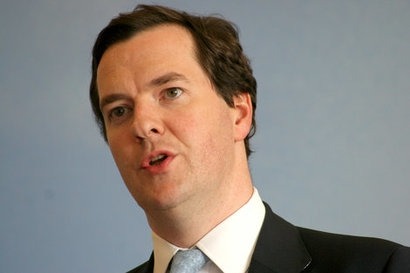
George Osborne reduced funding for the Department for Environment, Food and Rural Affairs (DEFRA) with a day-to-day cut of 15 percent and the Department of Environment and Climate Change (DECC) with a cut of 22 percent over the next four years, although this was part of a wider programme of cuts right across all government departments. The Chancellor also promised to double the funding available for low-carbon and renewable energy, with another increase of 50 percent at the Paris talks.
The Renewable Heat Incentive (RHI) will also be reformed with a budget increase of £1.15 billion, although this is not actually new money, merely being the amount of support agreed by the previous coalition government. In effect, this means that the RHI budget will be £690 million lower than the figure expected by the Office for Budget Responsibility, thereby doing nothing to alleviate concerns about the UK 12 percent target for renewable heat, which needs 20 Terrawatt hours of additional capacity by 2020.
“It was refreshing to see so much attention being paid to the Energy sector in the Autumn Budget” said Phil Foster of Love Energy Savings. “With the Paris climate talks only days away, it had already been discussed in Prime Minister’s Questions (PMQs), before the Spending Review was announced, when Jeremy Corbyn tackled David Cameron on the issue of solar job cuts and meeting the 2020 climate change target. Cameron responded by repeatedly claiming that renewable generation had trebled over the last Parliament, harking back to the successes of the Green Investment Bank and EU Climate Change funding commitments.”
Mr Foster added that the Autumn Budget didn’t shy away from the subject of renewables, despite opposition criticism surrounding the recent subsidy cuts. The Renewable Heat Incentive will continue, despite being cut, and 24 million homes will be helped to ‘go green’ while keeping energy bills low, saving domestic homes £30 a year on average.
Mr Osborne has also promised a doubling of the funding for small nuclear reactor research and mentioned a community fund of up to £1 billion for shale gas exploration, thereby continuing the government’s prioritisation of support for fossil fuels and nuclear over renewable energy. Heavy industry will also now be permanently exempt from green tariffs, but the aim of this appears to be an effort maintain industries such as steel within the UK.
Love Energy Savings is a business energy comparison service designed to help business owners not only improve their profits, but also save valuable time in the process of comparing and switching suppliers. Advocating energy efficiency and awareness of energy usage, alongside tariff comparison, Love Energy Savings are committed to helping businesses save money so they can continue to grow.
For additional information:

